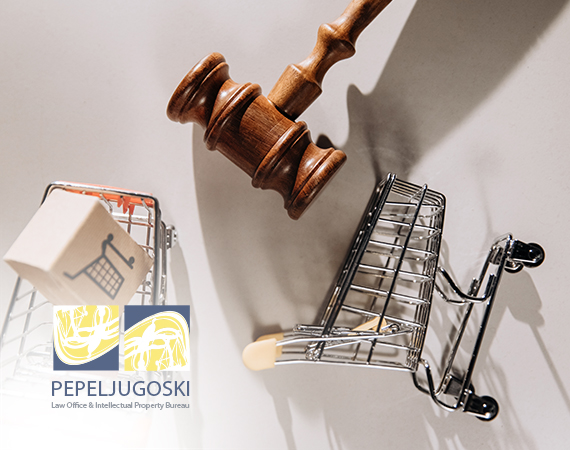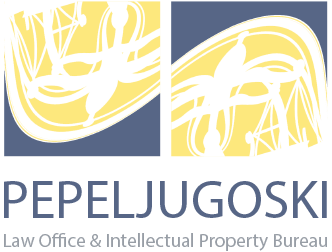| On the EU-level the operations of the food supply chain has been the subject of long-standing debates, intensified by the disturbance of the agricultural market caused by the sanctions against Russia. The unfair trading practices can generally be defined as practices that deviate greatly from good business conduct, that are contrary to goodwill and fair trade, and are usually imposed unilaterally from one trading partner on another. It is common that they have a negative effect, especially on small and medium-sized enterprises in the agricultural and food supply chain. They can affect the sustainability of the market, new financial investments in products and technology and the development of cross-border activities. In addition to the direct, there are also indirect negative effects of unfair trade practices, such as the lack of willingness of taking commercial risks by small companies along the chain. A step forward in the management of this problem is the adoption of Directive 2019/633 of 17.04.2019 on unfair trading practices in business-to-business relationships in the agricultural and food supply chain. According to the European Commission, the food supply chain is particularly vulnerable to unfair trading practices due to its market structure, and it can easily cause damage to market players with weaker bargaining power. In recent years, in the field of competition law, there have been trends of increased concentration and vertical integration of EU market participants, which have led to structural changes in the food supply chain. These developments contributed to the situation at significantly different levels of bargaining power and economic imbalance in the individual trade relations between the affected parties in the chain. Although differences in bargaining power are common and legitimate in business relationships, their misuse can sometimes lead to unfair trade practices. According to a survey conducted within the EU, 83% of participants said that they were exposed to unfair trading practices and said that their costs increased due to unfair trading practices, and 77% said that their income was reduced due to unfair trade practices. In the Republic of North Macedonia, the existence of unfair trade practices is not regulated by a special law. Some of these violations are characterized as prohibited under the existing Law on protection of the competition. However, at the beginning of 2022, the legislator announced the possible implementation of Directive 2019/633 in the national legislation with the adoption of a special law in May 2022. Following the example in the EU, as well as the countries in the region, and especially Croatia, which is already establishing practice in this area, it is expected that the Commission for Protection of Competition of the Republic of North Macedonia will have the authority to assess unfair trading practices. The purpose of adopting specific legislation that would sanction unfair trading practices is to increase the competitiveness of the food supply chain, generate appropriate segmentation in the chain, economic growth, implementation of activities to eliminate unfair bargaining practices among subjects throughout the chain, equalize the division of the burden and increased costs within the food supply chain, without unjustified passing of these expenses on to producers and consumers. |
Unfair Trading Practices – What to expect with the new legislation in the Republic of North Macedonia?

